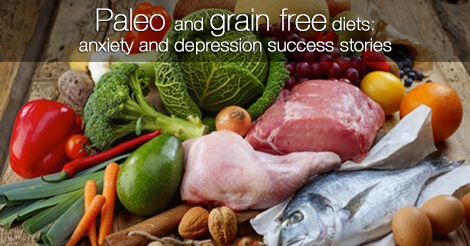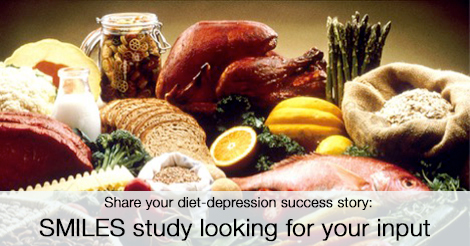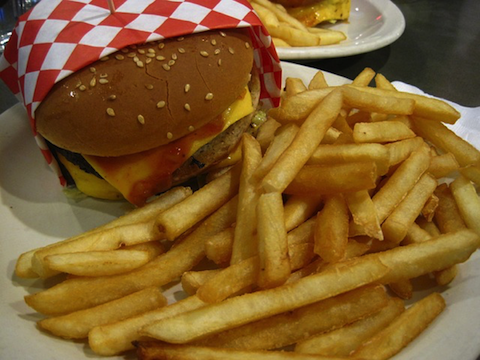This is the first major international meeting of the International Society for Nutritional Psychiatry Research and will be held July 30 – August 2, in Bethesda, MD, USA. The conference will comprise:
- Plenary presentations from leading international researchers
- State of the art symposia and free oral presentations from researchers and clinicians
- Multidisciplinary workshops for psychiatrists, psychologists, dietitians, nutritionists and other health professionals
- An exciting social program
This meeting will reflect the broad spectrum of research, from the sub-cellular to translation and implementation science. There will also be a strong focus on basic science and the biological processes and factors that underpin the links between diet, nutrition and mental health, including the brain-gut-microbe axis, immunology and metabolic processes and molecular science. The program will cater to the interests of researchers and clinicians from the fields of public health, diabetes, cardiovascular disease, obesity and dietetics, as well as psychiatry and psychology.
I’m excited to have the opportunity to hear and meet so many amazing food/nutrient and mental health researchers, many of whom I’ve referenced in my book and shared on my blog and in presentations:
- Food mood /microbiome researcher, Professor Felice Jacka, President, International Society for Nutritional Psychiatry Research
- Microbiome researcher, Professor John F. Cryan
- Micronutrient researcher, Julia Rucklidge
- Sugar and trans fats researcher, Professor Almudena Sánchez-Villegas, University of Las Palmas de Gran Canaria, Spain
- Nutraceuticals researcher, Professor Jerome Sarris;
- Hypoglycemia/anxiety researcher, Monique Aucoin ND and so many more!
I’ve been accepted to do a rapid fire presentation on gluten-free/Paleo diet for anxiety and will also be presenting a poster on GABA/amino acids for anxiety. What an honor!
You can find the program information here.
This is a conference for health professionals but I’m pleased to announce that the Sunday sessions are OPEN TO THE PUBLIC.







